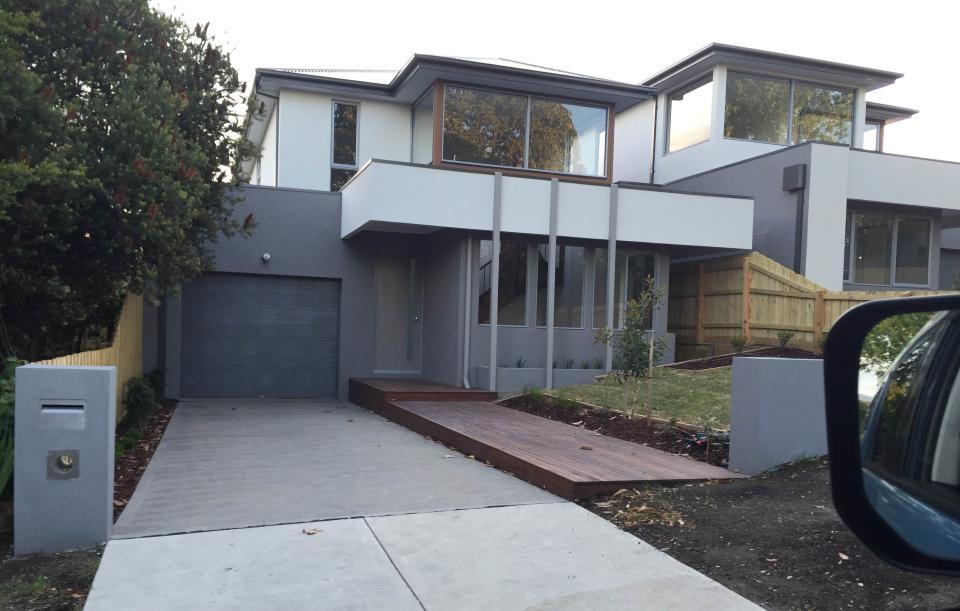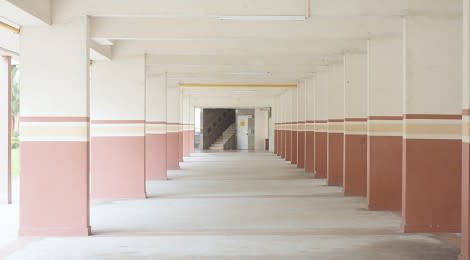Letter from a “Quitter”
Why is there lingering resentment towards Singaporeans who have made their home elsewhere? Why do Singaporeans choose to live elsewhere? Edmund Hoh writes frankly about his impressions of life in Singapore and abroad.
“So, you’re leaving Singapore? Becoming a quitter?”
“Quitter.” “Loser.” These were the words that I heard when I first announced my plans to head Down Under for good.
While I was not expecting all ‘hosannas’ and no ‘hoots’, having to deal with naysayers among friends and family alike was quite disheartening.
The last few months before I departed Singapore for Melbourne in 2014, I asked myself why there were still disparaging attitudes towards Singaporeans who had left or were planning to leave Singapore. Suffice to say, Emeritus Senior Minister Goh Chok Tong’s words, referring to those who leave as “quitters”, still resonated with some Singaporeans.
After I relocated to Melbourne, I began to ask myself: will I trade up my Singapore citizenship for an Australian one? There are no easy answers to this question. The dominant and pragmatic side of me says ‘aye’, simply because I can use my CPF funds for other investments here in Australia. The sentimental side of me, however, cautioned against making a potentially unwise and irreversible decision. After much consideration, I am fairly sure that I will give up my Singapore citizenship in a few years. Here are some of the factors that led me to my decision:
From “hoots” to “hosannas”
Recent moves by the Singapore government to embrace overseas Singaporeans and to encourage locals to live and work overseas for short stints reek of the usual pragmatism. To me, it is disquieting that overseas Singaporeans went from being labelled as “quitters” to being lauded as brave and enterprising sojourners within a generation of government leaders.
This point has not escaped many among the earlier generations who left Singapore and have remained overseas since. Indeed, the previous stance by the Singapore establishment has left a bitter taste among some overseas Singaporeans and former Singaporeans, never mind the occasional events organised by governmental outreach groups, which I believe attract people more for the food than for the presumed ties that bind. Since we have gone so quickly from receiving ‘hoots’ to ‘hosannas’, how easily would the Government revert to its earlier stance in the near future?
The Singapore that was
I grew up in the 1990s, believing in the Singapore Dream – that if you studied hard, worked hard and contributed to society, you will reap the rewards in this system of meritocracy.
Fast forward to 2005, when I returned to Singapore after spending eight years abroad. The country that I remember had seemed to changed: sullen, anxious faces were everywhere. The government’s “growth at all cost” strategy had had its own unspoken human costs: costs such as the loss of “work-life balance”, which is really a misnomer; it has since been re-labelled as “work-life integration”, whereby work becomes life.
Then, there is the increasingly high cost of living and exorbitant price of public housing.
While life was far from being “nasty, brutish and short”, a Hobbesian sense of attitude prevailed. We stopped looking out for each in our desperate attempt to survive. It is no wonder we were voted the most emotionless and least positive country globally in a Gallup poll.

Living the middle class dream in Melbourne, Australia. (Photo: Edmund Hoh)
Accepting reality, desiring change
Of course, I understand the continual need for Singapore to stay ahead of the competition. I also get the rhetoric that the politicians have been spouting – that Singapore lacks natural resources and human labour is our resource. Many naysayers I met seemed resigned to the fate of being kept within an eternal pressure cooker. But accepting the limitations of life in Singapore is one thing; choosing to live with it is another.
Like most middle-class suburbanites, I too, wanted to achieve the typical middle-class dream: a nice landed property, a car, ample savings, and hopefully a couple of investments. It was only in Australia that I have been able to realise this dream; I drive a car that I have always wanted and that only cost me a fifth of what it would in Singapore. And I live in a freehold landed property that most Singaporeans can only dream of, which did not cost me my retirement nest egg.
More importantly, I learnt to live life once again. Since relocating here, little things such as watching my kid in the playground or plucking daisies to make a bouquet are enough to make me appreciate the here and now. I learnt not to be irritated at the slightest thing, and how to care once more for fellow human beings.

Overseas Singaporeans are just Singaporeans who have flown the coop they grew up in. (Photo: Ghetto Singapore)
Born in Singapore or born Singaporean?
Many of us who left were born Singaporeans. We grew up in familiar neighbourhoods, spending time in playgrounds and void decks, and forming friendships that last to this day.
However, the influx of new PRs and citizens in the early to late 2000s has increasingly put the idea of being Singaporean to the test. Issues like NS only for citizens and second-generation PRs, a lack of assimilation among newcomers, and stories of PRs who moved on to greener pastures after using our country as a springboard – all these have left some Singaporeans asking: What am I defending?
I did not ask to be born in Singapore. And while I am fortunate to have been born there, it does not preclude my choice of leaving for another country. Like my forefathers who took the sojourn down to Southeast Asia and made Singapore their home, I too am entitled to seek my little patch of turf without having to put up with labels that question my character. Yes, I was born in Singapore; but I have decided to call Australia my home and country.
Top picture: Departing Singapore from Changi Airport, Saba Khan
Disclaimer: The opinions expressed in this publication are those of the author’s and do not reflect the opinions or views of Inconvenient Questions.
About the author:
Edmund Hoh is an overseas Singaporean who lives in Melbourne with his wife and daughter, where he has finally found his pot of gold at the end of the rainbow.



